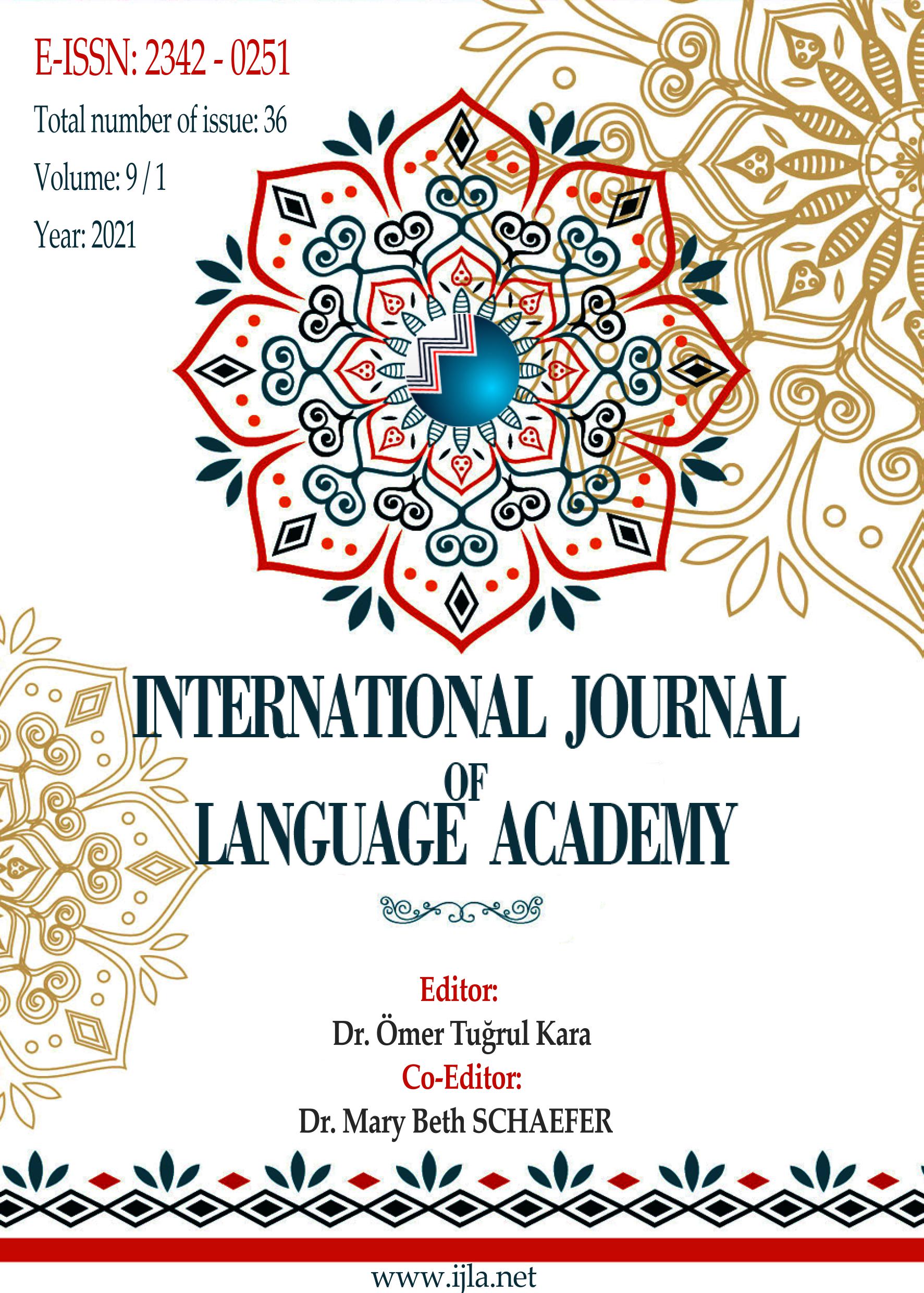Author :
Abstract
Notre article est une étude comparative portant sur La Tempête de Shakespeare et Une Tempête d'Aimé Césaire. Shakespeare et Césaire sont des quêteurs de la liberté, soit la liberté de l'âme ou la liberté de l'homme. Donc, ils mettent en scène des personnages symboliques comme Prospero et Caliban. Prospero symbolise le colonisateur blanc au début de la colonisation. Celui-ci cherche à se libérer des sentiments haineux comme la vengeance. Il y arrive en lançant sa tempête punitive contre les usurpateurs de son trône et purificatrice de tout sentiment négatif. Caliban est un homme noir révolté. Il était dans La Tempête l'humble serviteur de Prospero. Dans Une Tempête, Caliban cherche sa liberté de l'esclavage et celle de son île usurpée par Prospero. Notre travail porte sur comment chaque auteur introduit la notion de liberté à travers les protagonistes: Prospero et Caliban. Et comme la mise en scène, des deux pièces, diverge au niveau du temps et de l'espace, nous avons abordé le thème de la liberté en tant qu'une configuration sociogrammatique. Le sociogramme est un concept fondateur de la théorie de Claude Duchet: la sociocritique. Le sociogramme nous permet de traiter le thème de la liberté selon la société de texte et la société de référence. Cette étude aboutit aux résultats suivants. La liberté passe par des étapes. Elle commence, chez Shakespeare, par l'arrivée de l'âme humaine à la sagesse et au pardon. Chez Césaire, la liberté se dévoile comme un refus de toute domination culturelle et territoriale d'une race sur l'autre. Pourtant chez les deux auteurs, la liberté est la quête de vie de l'homme soit la liberté des caprices terrestres ou de la domination de l'autrui. De plus, la liberté, est une notion non-séparable de l'humanité. L'homme a besoin de regagner son humanité afin de mériter sa liberté.
Keywords
Abstract
Our article is a comparative study of The Tempest by Shakespeare and Une Tempête by Aimé Césaire. Shakespeare and Césaire are seekers of freedom, either the freedom of the soul or the freedom of man. So, they feature symbolic characters like Prospero and Caliban. Prospero symbolizes the white colonizer at the start of colonization. He seeks his freedom from hateful feelings such as revenge. He does this by launching his punitive storm against the usurpers of his throne and by purifying all his negative feelings. Caliban is a rebellious black man. He was in The Tempest the humble servant of Prospero. In Une Tempête, Caliban seeks his freedom from slavery and that of his island usurped by Prospero. Our work focuses on how each author introduces the notion of freedom through the protagonists: Prospero and Caliban. And as the staging of the two pieces diverges in time and space, we approached the theme of freedom as a sociogrammatic configuration. The sociogram is a founding concept of Claude Duchet's theory: sociocriticism. The sociogram allows us to treat the theme of freedom according to the society of the text and reference society. This study leads to the following results. Freedom goes through stages. It begins in Shakespeare's Tempest with the arrival of the human soul to wisdom and forgiveness. In Césaire's Tempest, freedom is revealed as a refusal of any cultural and territorial domination of one race over another. Yet, for the two authors, freedom is the quest for human life, either freedom from earthly whims or from the domination of others. Moreover, freedom is an inseparable notion from humanity. Man needs to regain his humanity to deserve his freedom.
Keywords
- Ayyıldız, E.A. (2017), De Caniba ou Cannibale de Christophe Colomb à Caliban d’Aimé Césaire. Sefad, n°38, 111-122.
- Berra, B. (2016) Les configurations sociogrammatiques dans La Terre et le sang de Mouloud Feraoun. Revues faculté des lettres et des langues, n°19, 63-77.
- Bonneau, R. (1997).Une tempête, d’Aimé Césaire: l’utilisation d’un thème shakespearien pour un théâtre nègre. Expressions, 21-40.
- Césaire, A. (1969). Une Tempête. Paris: Seuil.
- Clément, E. (1996). La liberté. Paris: Hatier.
- Hale, T. A. (1973). Sur « Une Tempête » d’Aimé Césaire. Études littéraires, 6 (1), pp. (21-34).
- Mathieu-Arth, F. (1972). Les adaptations de La Tempête de Shakespeare sous la Restauration anglaise. Baroque, 5, 1-22.
- Matsui, H. (2009), Caliban, Caraïbe, cannibale: Un cannibalisme littéraire de La Tempête de Shakespeare par Aimé Césaire. ICU Comparative Culture, n°41, 183- 209.
- Matsui, H. (2015). Deux cartographies de la relation: Aimé Césaire, Kateb Yacine, Edouard Glissant (Thèse de Doctorat). Université Paris 8Vincennes – Saint-Denis, SaintDenis.
- Salimikouchi E., Ashrafi S. (2015). De la société du texte à la société du référent Lecture duchetienne de Peur et Tremblement de Gholamhossein Sâédi. Etudes de Langue et Littérature Françaises, 5 (2), 67-82.
- Sartre, J. P. (1947).Huis Clos. Paris: Gallimard.
